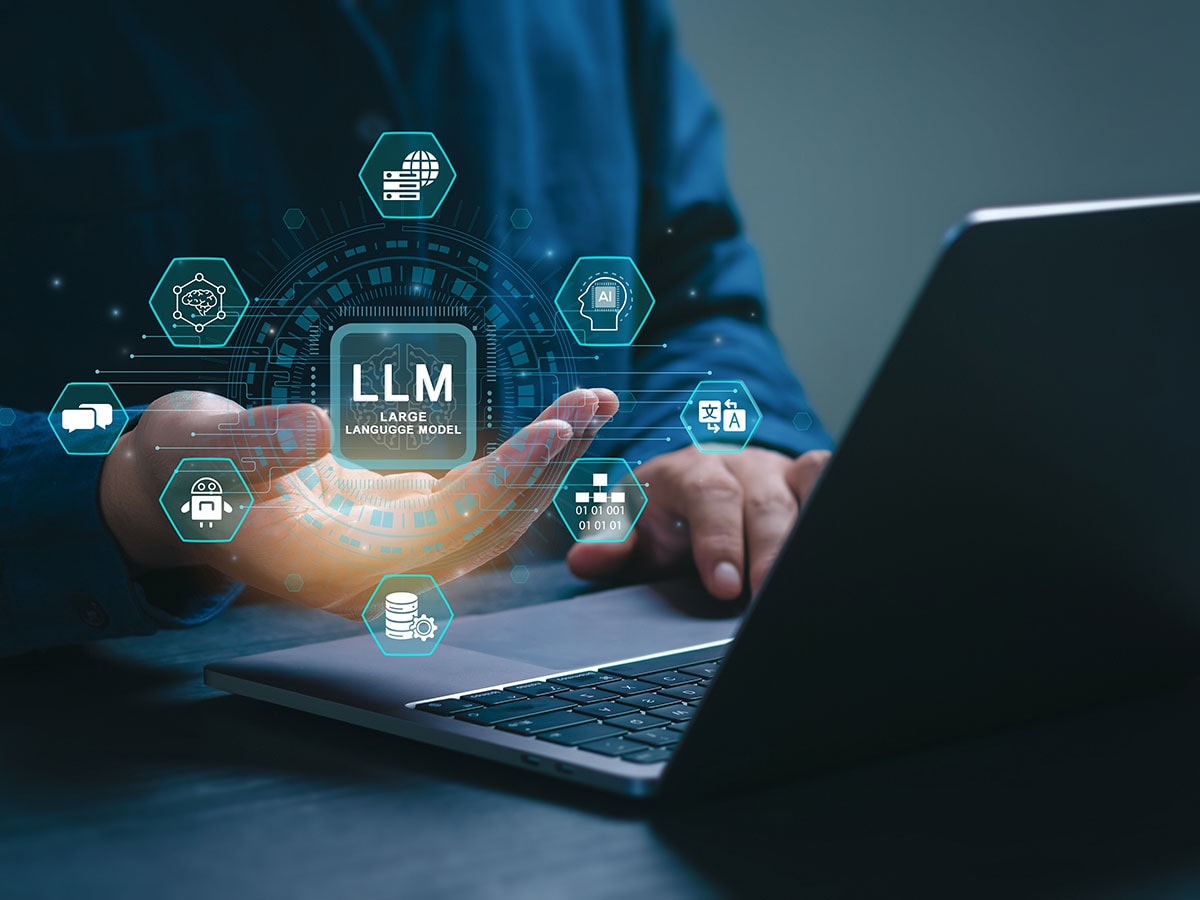 From a day-to-day perspective, people have greatly benefitted from ChatGPT.
From a day-to-day perspective, people have greatly benefitted from ChatGPT.
Image: Shutterstock
ChatGPT has created a huge buzz in the business world since its launch in 2022. Business leaders, governments, and entrepreneurs are intrigued by its capabilities and have started using and experimenting with it and other Large Language Models (LLMs). The force and impact of this technology on business and society seem to be substantial, though the evidence is still pouring in. In this article, we summarise some areas in which the impact is impressive, some areas in which it is weak, and the overall concerns that users have expressed with LLMs.
The application landscape of LLMs is vast, from assisting school children in doing mathematics to assisting creatives with screenplay writing and providing emotional support to clients. To explore these possibilities, an extensive range of startups have also begun developing products and services.
From a day-to-day perspective, people have greatly benefitted from ChatGPT. It helps them answer basic questions, address concerns, and get recommendations. It has gone to the extent of understanding the person’s feelings as more and more people are conversing with Chat GPT. We surveyed over 100 people, including working professionals and students aged 18 to about 35, to understand their usage of LLMs. We found that 95 percent already use ChatGPT and LLMs, and 61 percent use one of these tools daily (while another 35 percent use it at least once a week). Over 50 percent of the surveyed believed that the tools are useful and have simplified their lives across different tasks (on a scale of 1-10, over 70 percent rated it seven or above).
In the world of business in general, LLMs have boosted employee productivity, with operational costs coming down for much white-collar work. Ideation and innovation have benefitted the most, along with personalisation for many aspects of work.
Also read: How companies can use ChatGPT to their advantage
Looking at application domains, we found several that have shown remarkable adoption and benefits. In sports, players and coaches use LLMs to improve performance, strategy, and communication. Sports broadcasters and writers are benefitting from speedier access to summaries of events. Sports analysts and coaches are reaping the benefits of LLMs to chart the future development path for athletes to hone their skills further. LLMs have possibly had the greatest impact in entertainment—largely through assistance with content creation. The personalised, on-demand content availability at a low cost is a blessing that LLMs have enabled for the world of entertainment. In politics, LLMs are being used extensively for communication through the generation of content, as well as in the analysis of voter sentiment and priorities. Last-minute swings in elections are often influenced by the power of LLMs, which political analysts use to the benefit of their preferred politicians.
Health monitoring has become easy in medicine with the introduction of virtual assistants powered by LLM. This results in efficient laboratory and clinical diagnosis.
LLMs also suffer from major challenges, many arising from how users interact with and use the system. One surprising result from our survey is that nearly 40 percent of the respondents express their feelings to ChatGPT, including revealing their innermost thoughts and emotions. Respondents also expressed concern over privacy, whether their thoughts and emotions were being ‘used’ in some manner unknown to them, and who could access such information. However, they were clear they would continue using LLMs, though they wanted the tools to take their permission before sharing it for any other purpose (87 percent wanted this).
Other concerns were about fake news and “hallucinations” that crop up in many models. Also, in domains such as medicine, users wanted regulatory oversight in using LLMs. The major concern with use in entertainment is that of copyright violations of artists on whose content the models are trained. In politics, concerns about fake news and loss of privacy also emerge as major challenges.
Despite the challenges, there is overwhelming enthusiasm about using these tools, and there will likely be significant developments in business and society channelled by such tools.
Rishabh Ohri, Senior Product Manager, Procter & Gamble
Rahul De’, Professor (retired) IIM Bangalore
[This article has been published with permission from IIM Bangalore. www.iimb.ac.in Views expressed are personal.]
 From a day-to-day perspective, people have greatly benefitted from ChatGPT.
From a day-to-day perspective, people have greatly benefitted from ChatGPT.
